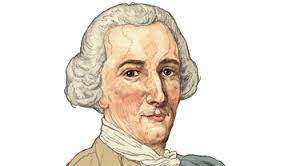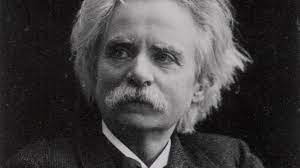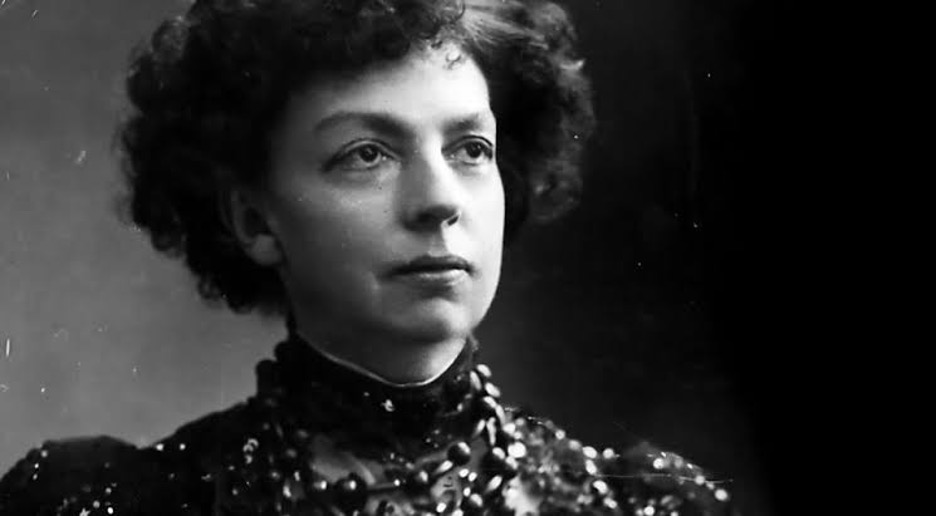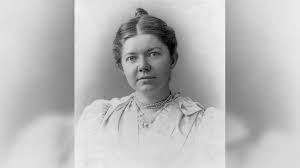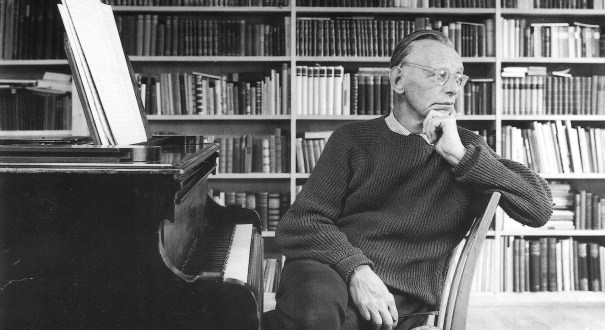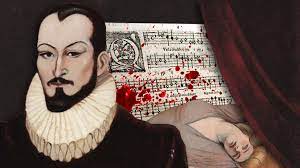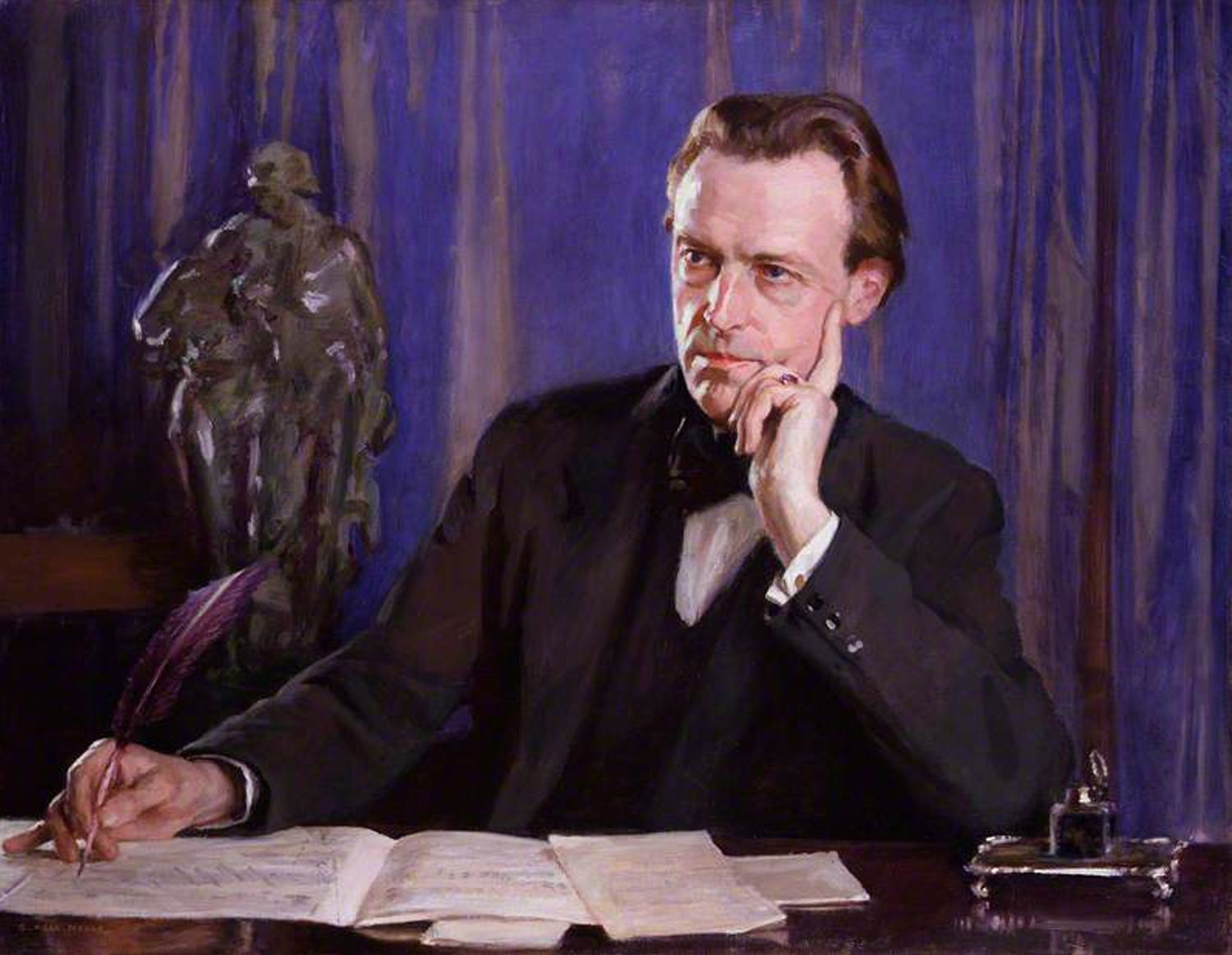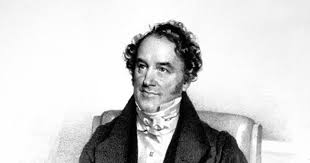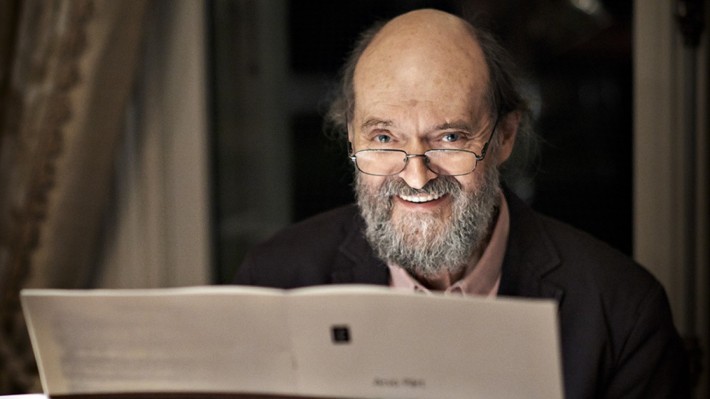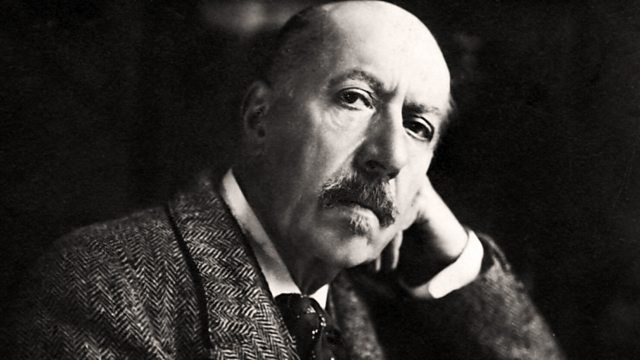Baldassare Galuppi, often referred to as the "Father of the comic opera," was a prominent Italian composer of the 18th century. Born on October 18, 1706, in Venice, Italy, Galuppi demonstrated musical talent from an early age. He received his initial training in music from his father, a barber and violinist, before studying with prominent composers such as Antonio Lotti.
Galuppi's career took off swiftly, and by his early twenties, he had already composed several operas and sacred works. His compositions were characterized by their melodic richness, harmonic sophistication, and inventive orchestration. Galuppi's operas, in particular, garnered widespread acclaim for their witty librettos and lively musical settings.
Edvard Hagerup Grieg, born on June 15, 1843, in Bergen, Norway, emerged as one of the most significant composers of the Romantic era. His compositions, deeply rooted in Norwegian folk traditions, captured the essence of his homeland's rugged landscapes and folklore, earning him international acclaim.
Grieg's musical journey began at a young age. Encouraged by his musical family, he received piano lessons from his mother and later studied at the Leipzig Conservatory, where he immersed himself in the works of prominent composers such as Bach, Mozart, and Schumann. Despite the rigorous academic environment, Grieg remained steadfast in his commitment to infuse his compositions with the distinct character of Norwegian music.
Cécile Louise Stéphanie Chaminade was a prominent French composer and pianist born on August 8, 1857, in Paris, France. She displayed exceptional musical talent from a young age, and her family recognized her potential early on. At the age of eight, Chaminade began her formal musical education at the Paris Conservatoire, where she studied piano with Félix Le Couppey and composition with Benjamin Godard.
Chaminade's talent quickly gained recognition, and by her teenage years, she was already performing her compositions in public. Her early works, including piano pieces and songs, showcased her remarkable melodic gift and garnered widespread acclaim. In 1877, at the age of twenty, she made her debut as a composer with the performance of her Trio in A minor at the Société Nationale de Musique.
Amy Marcy Cheney Beach, born on September 5, 1867, in Henniker, New Hampshire, was a pioneering American composer and pianist of the late 19th and early 20th centuries. From a young age, Amy demonstrated exceptional musical talent, learning the piano from her mother at the age of six and composing her first piece by the age of four.
Despite the societal norms of her time that discouraged women from pursuing professional careers in music, Amy's talent could not be stifled. Encouraged by her mother, she began giving public performances at the age of seven, and by nine, she was already composing waltzes and polkas. Recognizing her extraordinary abilities, her family arranged for her to study in Boston with leading music instructors, including Carl Baermann and Ernst Perabo.
Carl Orff, born on July 10, 1895, in Munich, Germany, emerged as one of the most influential composers of the 20th century, leaving an indelible mark on the world of music with his innovative compositions and pedagogical approach. His life journey was marked by a relentless pursuit of musical excellence and a dedication to fostering creativity in others.
Orff's early years were shaped by his exposure to music through his family. His father, Heinrich Orff, was a distinguished German officer and his mother, Paula Köstler, hailed from a family of scholars and musicians. This rich familial background laid the foundation for Orff's musical development.
Carlo Gesualdo, Prince of Venosa, was an Italian composer and nobleman born on March 8, 1566, in Venosa, a small town in the Kingdom of Naples. He is primarily known for his innovative and highly expressive madrigals and sacred music, but his life was marked by a complex and controversial personality.
Gesualdo hailed from a prestigious and wealthy family, inheriting the title of Prince of Venosa at a young age. His early education included music, and he displayed a keen interest and talent for the art. In 1586, he married his cousin Maria d'Avalos, a union that would later become infamous due to its tragic outcome.
Cyril Scott (1879–1970) was a British composer and pianist known for his contributions to the early 20th-century music scene. Born on September 27, 1879, in Oxton, England, Scott displayed musical talent from a young age. His early education in music was informal, and he began composing at the age of 12.
Scott's musical journey took a significant turn when he studied at the Hoch Conservatory in Frankfurt, Germany, under the guidance of the renowned pianist and composer Iwan Knorr. This period marked the beginning of Scott's exploration of innovative musical ideas and his exposure to the broader European musical traditions.
Conradin Kreutzer was a prominent composer and conductor of the Romantic era, born on November 22, 1780, in Messkirch, Germany. His musical talents were evident from a young age, and he received his early education in music from his father, an organist. Kreutzer's natural gift for composition flourished, leading him to study under renowned composers such as Abbé Vogler and Antonio Salieri.
In his early career, Kreutzer gained recognition as a violinist and conductor, performing in various orchestras across Europe. However, it was his compositions that would solidify his place in music history. Kreutzer's works spanned a wide range of genres, including operas, symphonies, chamber music, and songs. He was particularly esteemed for his operatic compositions, which often featured captivating melodies and dramatic storytelling.
Arvo Pärt, born on September 11, 1935, in Paide, Estonia, is renowned as one of the most significant composers of the late 20th and early 21st centuries. His musical journey is a fascinating exploration of faith, minimalism, and the power of simplicity.
Pärt's early years were marked by a deep immersion in music. He began studying composition at the Tallinn Music Secondary School and later at the Tallinn Conservatory, where he was exposed to a wide range of musical styles, from Gregorian chant to modernist experimentation. However, it was his encounter with the music of Johann Sebastian Bach and the Russian Orthodox Church that would profoundly shape his artistic vision.
Charles-Marie Jean Albert Widor was a renowned French composer, organist, and teacher, best remembered for his significant contributions to organ music. Born on February 21, 1844, in Lyon, France, Widor displayed exceptional musical talent from an early age. His father, who was an organ builder, recognized his son's aptitude and provided him with thorough musical training.
Widor's musical education began at the Ecole Niedermeyer in Paris, where he studied composition with Camille Saint-Saëns and organ with François Benoist. He excelled in both disciplines, earning numerous awards and accolades during his formative years. His early compositions showcased a mastery of traditional forms and techniques, laying a solid foundation for his future career.
